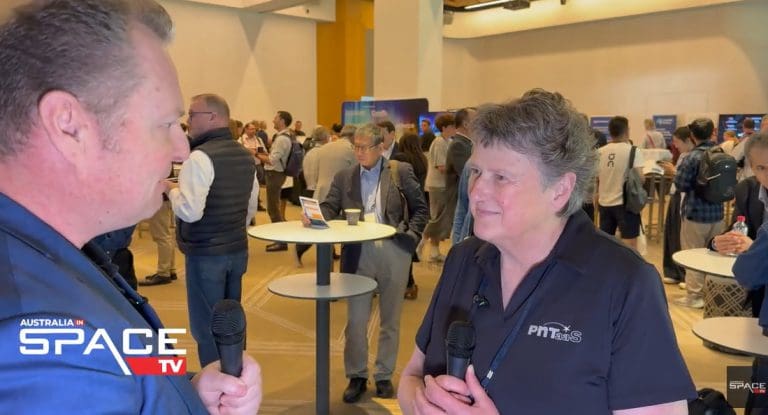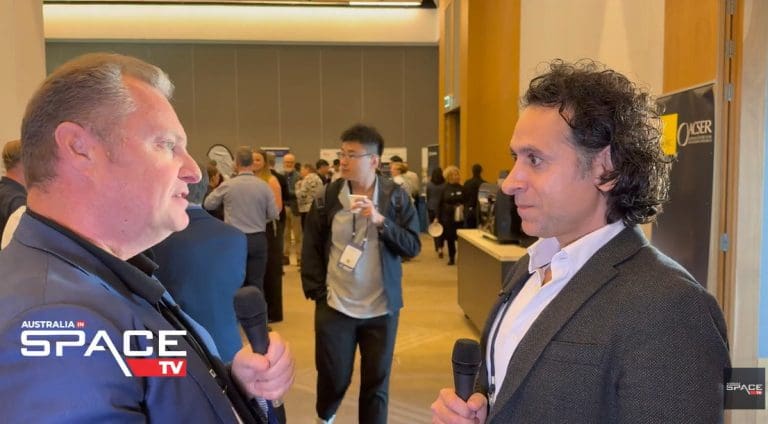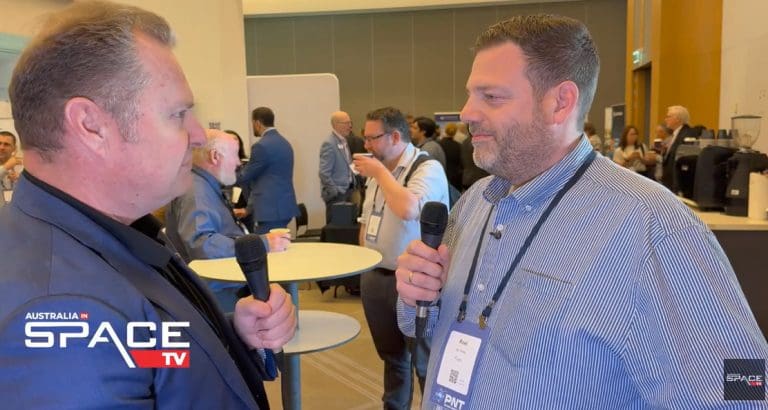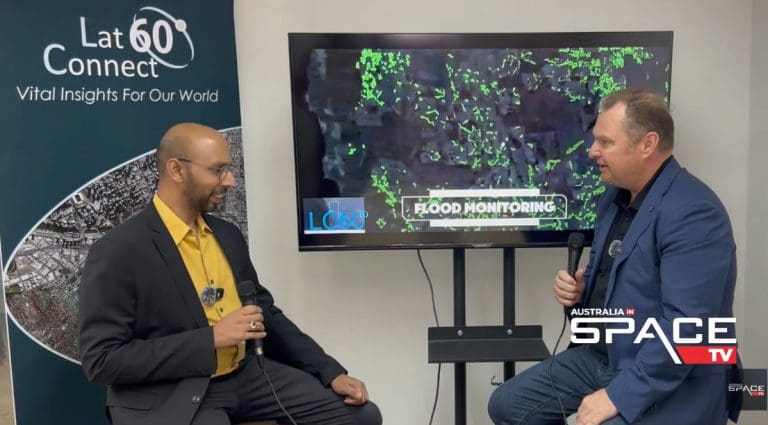Attending the 16th Australian Space Forum in Sydney this week, Dr Paul Bate, the Chief Executive of the UK Space Agency, discussed the burgeoning collaboration between the United Kingdom and Australia under the banner of the “Space Bridge.” The initiative aims to foster joint efforts between the two nations in space exploration, regulation, and industry development.
“We’re already doing so many things together, and we put them all together underneath the banner of this space bridge between Australia and the UK,” said Dr Bate during the interview. The Space Bridge facilitates collaboration not only at the government level but also encourages partnerships between companies and universities in both countries. Projects range from tracking Antarctic sea ice to innovative work on devices like the Apple Watch.
The Space Bridge has seen substantial progress, with initial funding of a quarter of a million pounds, matched by Australian counterparts, and an additional million pounds from the UK Space Agency. This has been supplemented by a 20-million-pound international bilateral fund, resulting in 38 projects currently being funded through this collaborative effort.
Addressing the downstream applications of space technology, Dr Bate highlighted the varying levels of understanding within the UK, ranging from companies actively utilizing space data to those with minimal awareness.
Emphasizing the importance of space applications, he pointed out that a loss of the GPS signal could cost the UK over a billion pounds a day.
“We need to help people have good conversations that lead to a better use of space data,” Dr Bate emphasized, noting the Space Agency’s role in connecting potential customers in sectors like farming and transportation to space companies.
The sustainability of businesses within the space sector is one of the UK Space Agency’s major efforts, to prevent companies from becoming overly dependent on government grants. Instead, they encourage companies to seek diverse sources of revenue, such as contract income and capital investment.
Looking towards the future, Dr Bate outlined the UK’s vision for the space industry in the next decade. While the UK excels in areas like small satellite development and observation, the focus is shifting towards emerging markets such as communications, lunar economy, and in-situ resource utilization. The UK recently allocated an additional 160 million pounds to support payload design developments.
As a final question, Dr Bate discussed workforce development for the future of the space industry. He highlighted the importance of preparing the workforce for evolving markets by investing in skills related to space technologies, anticipating that high-tech jobs and economic growth will increasingly be driven by the space sector.
The Space Bridge initiative between Australia and the UK marks a significant step forward in international collaboration, with both nations poised to play key roles in the future of space exploration and technology.





